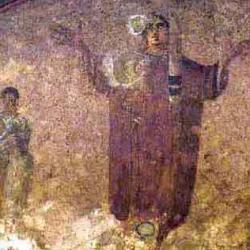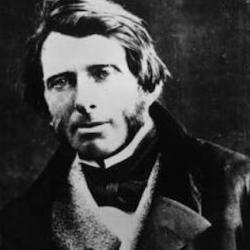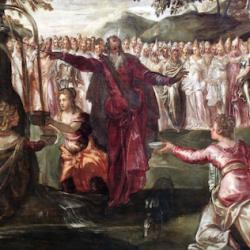Ritualism was a major issue in mid-nineteenth-century Anglicanism. Though inspired by the Tractarians, the ritualists went much further in elaborating the Anglican liturgy. As Peter Marsh puts it (Victorian Church in Decline), “For over thirty years the High Church clergy, however moderate, had been raising the standards of worship in their churches by adopting the simplest ritualistic innovations, wearing a surplice while they were preaching for example, and they had often disturbed local custom and provoked Protestant feeling in doing so” (119).
Some of the opposition, Marsh argues, stemmed from the clash between ritualism and Victorian cultural standards: “ritualists’ concern about clergymen’s clothes and the paraphernalia of public worship jarred against the stern virtue in which most Victorians took pride: manliness, sober seriousness, and hard-headed practicality.” Yet the ritualists defended themselves by appealing to Victorian values and customs: They were attempting to “improve” worship and decorating their churches in the same way people were decorating (or over-decorating) their homes (114).
Since the Church of England was an established church, under the Crown, the worship wars came before the courts. Initially the Judicial Committee “upheld the legality of some moderate ritualistic accoutrements such as coloured altar cloths, credence tables, crosses before the altar, and candles.” In 1869, “the Judicial Committee apparently changed its mind by deciding that whatever ceremonial rubrics did not explicitly specify they prohibited.” Practices such as “the use of incense and altar lights, mixing water with the wine, elevation of the vessels containing the consecrated elements, the ‘excessive kneeling’” were condemned, and the Rev. A.H. Mackonochie, who had instituted these practices in his parish, was prohibited (124).
The politicization of the worship wars only emboldened the ritualists, and eventually the anti-ritualists overreached. Under the Public Worship Regulation Acts of 1874, five ritualists were sent to prison, sparking a backlash. Gradually, opposition to ritualism cooled, and many of their practices became nearly definitive of Anglican worship.










